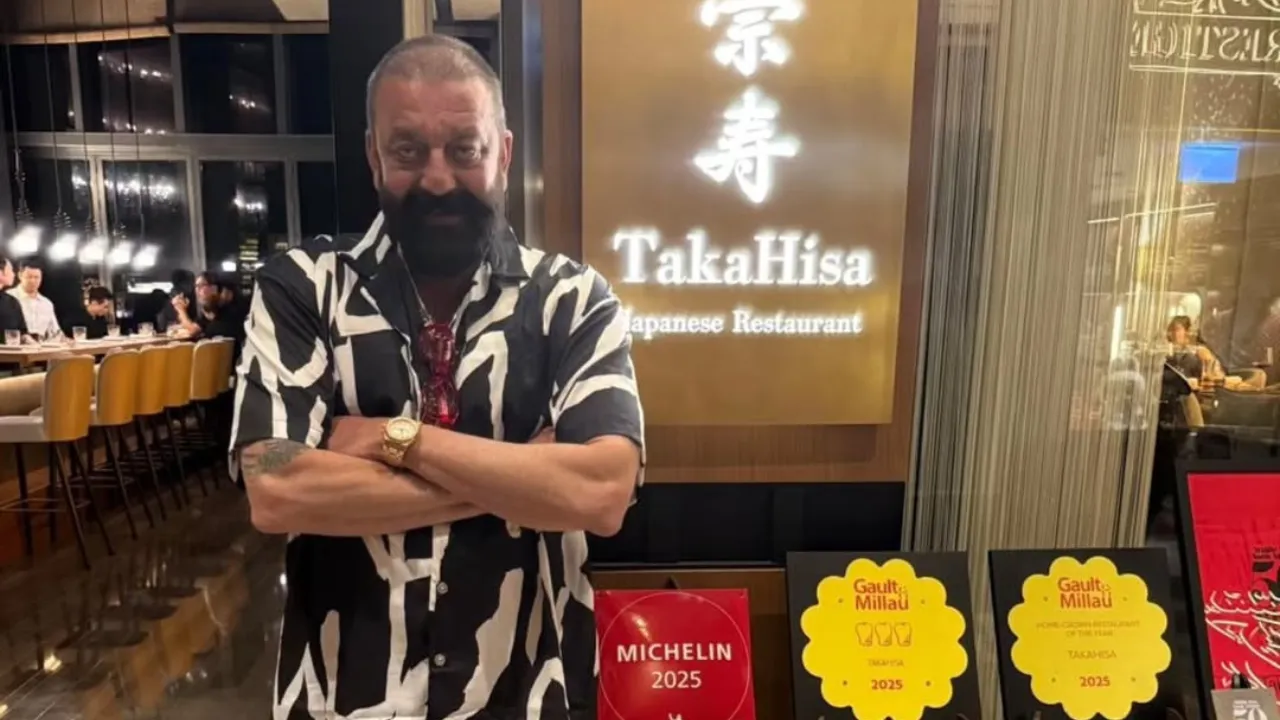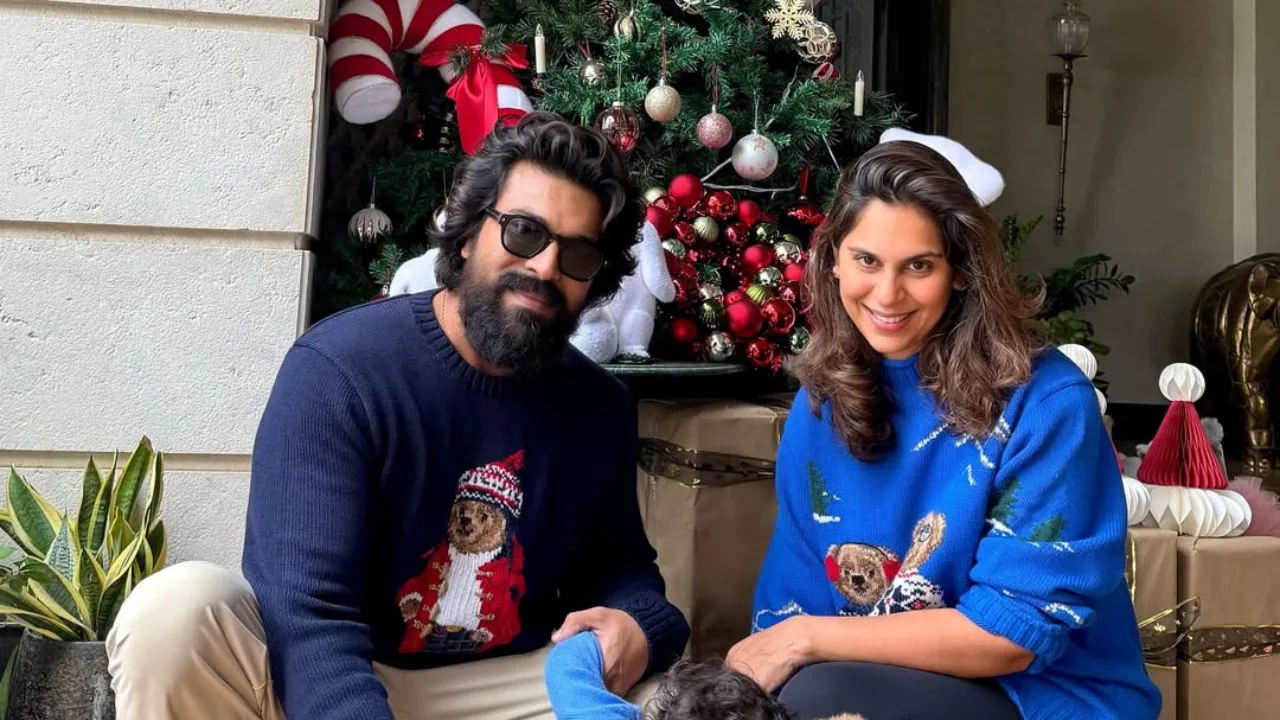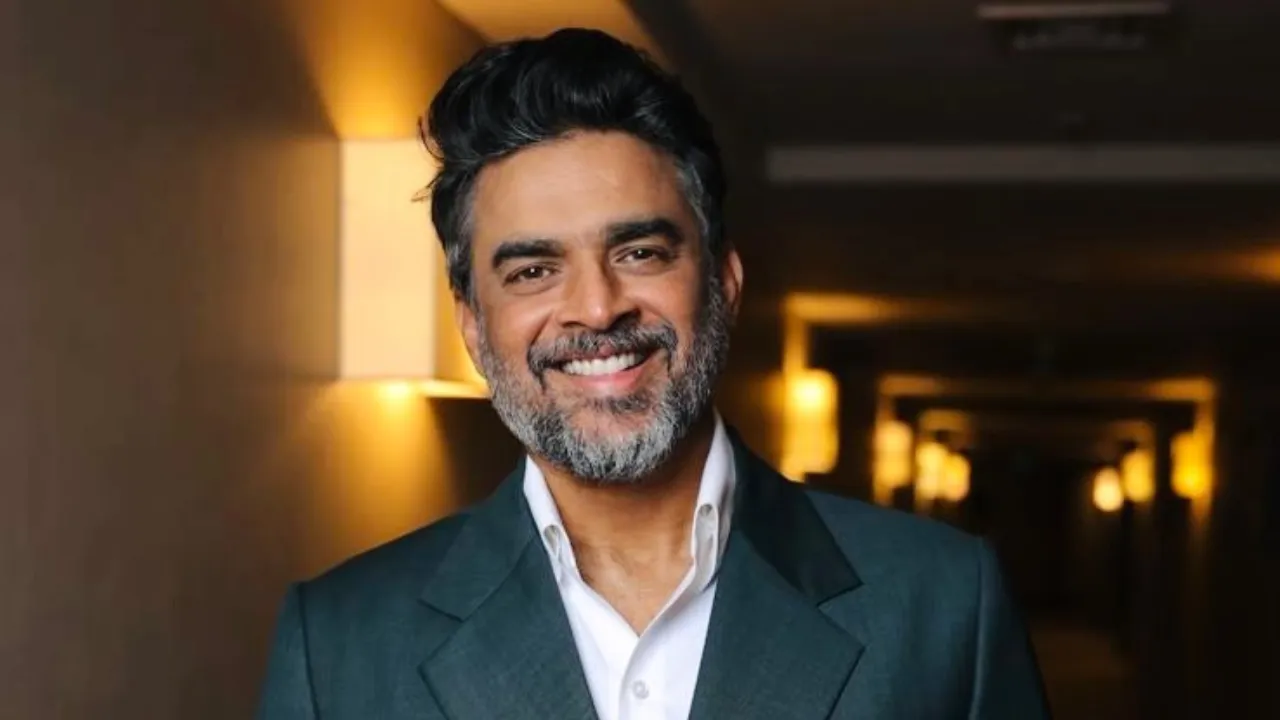Chiranjeevi rues box-office losses as piracy bites: how the HIT 3 leak led to the iBomma crackdown
Piracy has been an ongoing headache for Indian cinema, but this November the issue moved from grievance to action. Tollywood’s top names — including Chiranjeevi — publicly blamed illegal streaming networks for denting theatrical revenues after authorities arrested the alleged operator of the notorious iBomma network. This article explains what happened, how the leak of HIT: The Third Case (HIT 3) helped investigators trace the trail, and what the crackdown could mean for future releases.
Chiranjeevi speaks out: who said what and why it matters
After a meeting with Hyderabad Police Commissioner V.C. Sajjanar, Chiranjeevi joined fellow industry leaders to commend the police action and warn about the damage piracy has caused to recent films.
Chiranjeevi specifically named high-profile Telugu films — including Game Changer, OG and Kingdom — as titles that suffered box-office setbacks because illicit copies surfaced online. His comments underline a wider industry view: piracy is not a fringe problem but a systemic revenue drain.
What Chiranjeevi’s intervention signals
When a star of Chiranjeevi’s stature publicly highlights piracy, it does two things: it raises public awareness and it pressures law enforcement and policymakers to act. The actor’s name carries weight with fans and industry stakeholders, amplifying the call for stronger technical and legal measures against piracy.
How the HIT 3 leak became the investigation’s turning point
The police and the Telugu Film Chamber of Commerce say the chain of evidence that led to the iBomma takedown began with complaints about multiple new releases appearing online on or very shortly after their theatrical rollouts.
Crucially, the leak of HIT: The Third Case — commonly referred to as HIT 3 — was one of the incidents that triggered a deeper probe. Investigators used metadata, server logs and cross-referencing of upload timings to map a network of actors and servers that facilitated rapid, high-quality uploads. That data helped point to the alleged operator and his supporting infrastructure.
Who was arrested and what the police found
Hyderabad Cybercrime police arrested the man identified in coverage as Emmadi/Immadi Ravi, whom authorities allege was central to the iBomma and associated mirror networks. Reports say he was located after international tracking and technical surveillance and detained when he returned to Hyderabad.
Police sources and reporting indicate investigators seized storage devices and froze multiple bank accounts tied to alleged earnings from piracy-related advertising and betting links. Figures reported in the press range from crores being frozen to significant sums recovered; the precise amounts and final outcomes will depend on ongoing legal processes.
Why HIT 3 and similar leaks hit producers hard
A theatrical release is a tightly scheduled revenue lifecycle: opening weekend collections influence downstream deals (satellite, OTT, overseas), and producers set pricing and recoupment plans around that window.
When a high-quality copy appears online within hours or days, the most at-risk income is theatrical — casual viewers who would have bought a ticket might instead stream a pirated copy. Films with large domestic theatrical bets, especially in regional markets, can see box-office momentum stall fast. Industry bodies estimate piracy causes losses in the hundreds or thousands of crores across languages, although precise attribution for any single title is complex.
iBomma’s business model — how piracy earned real money
Investigations suggest sites like iBomma monetized traffic through advertising, affiliate links, and in some reported cases, betting arrangements. Operators allegedly routed hosting through offshore servers and used mirror domains to evade simple takedowns.
Those revenue streams make piracy a business, not merely a hobbyist pastime — and that explains the scale and persistence. Shutting down one node without addressing payment flows, hosting, and rapid redistribution often only temporarily slows the problem.
What the crackdown means for Chiranjeevi, producers and audiences
For Chiranjeevi and other producers, the arrests are an important precedent: law enforcement can and will act when there’s technical evidence and international cooperation.
Practically, the crackdown can deter some large-scale operators, protect upcoming release windows, and give producers and distributors more confidence in enforcement. But it’s not a silver bullet. Sustainable protection will require faster content fingerprinting, better takedown protocols with CDN and hosting providers, and public education so audiences choose legal viewing channels.
Short-term remedies and longer-term strategies
In the short term, studios and distributors can:
- Strengthen premiere-window security (watermarking, secured delivery).
- Work with cybercrime units to speed evidence collection and takedowns.
- Engage ISPs and ad networks to disrupt the revenue pipeline for piracy sites.
Longer-term steps involve regulatory cooperation, international legal reach for offshore hosts, and better consumer awareness campaigns that emphasize that watching in theatres sustains the industry stars like Chiranjeevi and many technicians depend on. These measures will only be effective if they combine technology, law and audience behaviour change.
Final takeaway: Chiranjeevi’s message is clear — piracy costs more than box office numbers
Chiranjeevi’s public remarks make a simple but urgent point: piracy erodes livelihoods and the cultural value chain that supports film-making. The HIT 3 leak and the subsequent iBomma arrests show that targeted investigative work can reach even well-hidden networks, but long-term protection will require concerted industry, legal and public action.
If the goal is to preserve theatrical culture and ensure filmmakers can invest in ambitious projects, audiences, platforms and law enforcement must all play their parts. For now, Chiranjeevi’s voice has amplified the urgency — and the iBomma case may be the push the industry needed to turn awareness into sustained action.
































